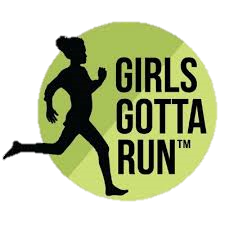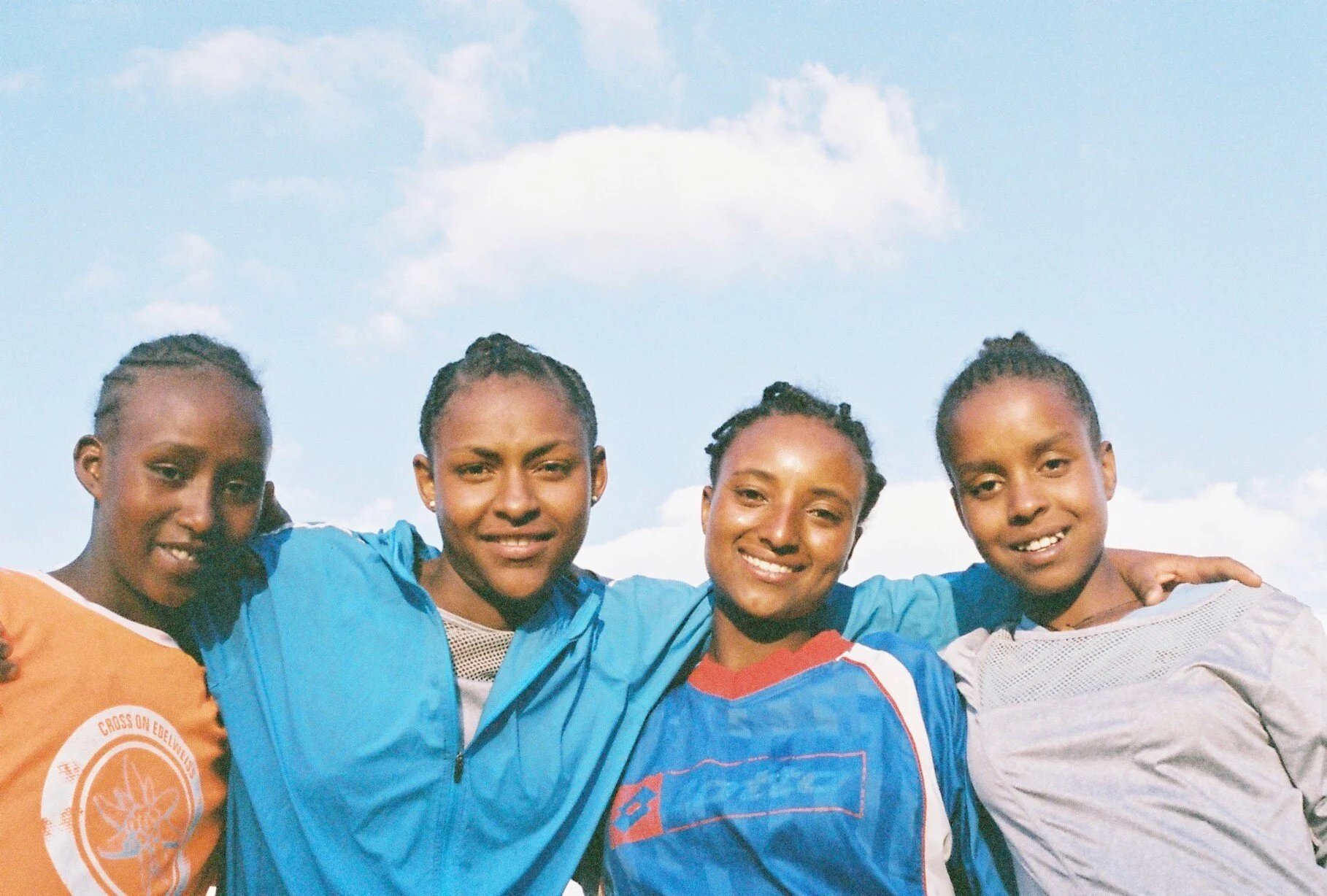Putting Women and Girls at the Center of the COVID-19 Emergency Relief Response
We are entering an unprecedented time for girls and women. As COVID-19 forces 743 million girls out of school in 185 countries, the rising drop-out rates will disproportionately affect adolescent girls. This health crisis is exacerbating gender gaps in education and leading to an increased risk of sexual exploitation, early and unintended pregnancy, and child, early and forced marriage.
The United Nations reports that “COVID-19 could reverse the limited progress that has been made on gender equality and women’s rights.”*
This is a critical time to support girls and women in Ethiopia. COVID-19 is creating devastating social and economic consequences for women and girls, deepening preexisting inequalities.
Women are on the frontlines: Over 60 percent of Africa’s health workforce and essential social service providers are female.* Women have also been taking on a disproportionate amount of additional work at home, caring for children and family during school closures.
Women are more vulnerable to job and income loss: Nearly 89 percent of women in Africa work in the informal economy*, earning less, saving less, having less access to formal safety nets like unemployment payments, and are at greater risk of falling into poverty.
Women and girls face an increased risk of domestic violence and early/forced marriage: During times of crisis and quarantine, women and girls face increased risks of violence, exploitation, abuse or harassment. Girls also face an increased risk of early and unintended pregnancy, and child, early and forced marriage as a result of the socio-economic impact of COVID-19.*
Girls face an increased risk of dropping out of school: COVID-19 is forcing 743 million girls out of school in 185 countries, with the rising drop-out rates disproportionately affecting adolescent girls.* Without direct economic and educational support, many girls may not return to class when schools reopen.
Women and girls face limitations in access to water, hygiene, sanitation and maternal health services: In Sub-Saharan Africa, 75% of people lack access to a hand-washing facility.* COVID-19 has also exacerbated inequities in maternal health care, limiting access women have to lifesaving services during child birth.
Now more than ever, a gender-based approach to emergency relief and community development is needed.
Women and girls are the most vulnerable to suffering the negative consequences of the COVID-19 crisis and are also the ones with the greatest capacity to affect change at the individual and community level when given the necessary resources and information.
GGRF is working with girls and women in rural communities in Ethiopia to provide the critical emergency relief. Together we are building community resiliency with a specific focus on the unique needs of women and girls.
Water, Sanitation, & Hygiene (WASH)
We have increased our WASH provision of soap, masks, hand sanitizer, sanitary pads and menstrual hygiene resources, and access to safe hygiene facilities for hand washing. Local public health officers are present during the distribution of hygiene materials to provide awareness on how to protect oneself and one's community during this outbreak.
Food Security
School may be cancelled but our school lunch program continues. Food security is critical now more than ever. The GGRF community is provided with healthy, daily lunches as a key part of our COVID-19 relief strategy. Best practices in social distancing are observed and masks, hand sanitizer, and access to water facilities are provided.
Small Business Grants for Women
The GGRF Mother’s Savings Groups provide access to the groups' collective savings as well as grants and loans that are of critical importance at this time. All members will be able to access these resources at this time while observing best practices in social distancing. Grants and loans for female-owned businesses are critical as the majority of GGRF mothers are entrepreneurs and earn an income outside of the formal economy, many making and selling goods at the local market.
Medical Subsidies
Students will continue to have access to a medical subsidy to cover any necessary medical costs during this time. The medical subsidy also provides support for girls, women, and family members who may need to see a medical professional at this time, ensuring the GGRF community is able to get the care they need.
Help GGRF and our local partner organizations provide the resources and information that vulnerable families need to stay safe, healthy, and financially resilient.
Donate today and put women and girls at the center of the COVID-19 Emergency Relief Response in Ethiopia.



